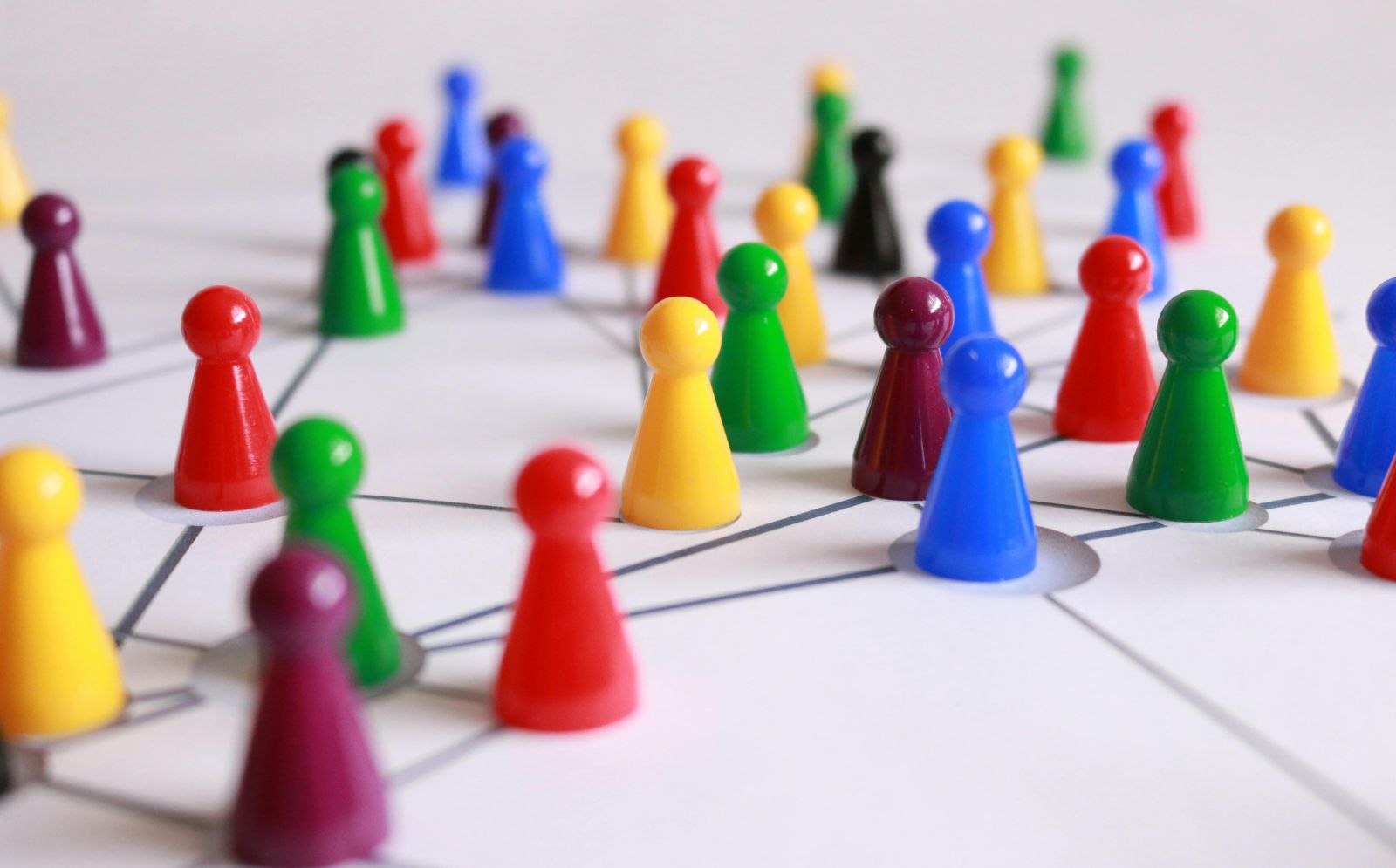Équipe : SMA - Systèmes Multi-Agents
Axes : AID (👥👥), ASN (👥).Responsable :
Nicolas Maudet Campus Pierre et Marie Curie 25-26/406Contact
Site WebEffectif
Neuf enseignants-chercheurs et chercheurs, onze doctorants.
Présentation
L'équipe SMA se structure autour de 4 thématiques :
- la coordination multi-agents – qui étudie les algorithmes et protocoles permettant à plusieurs agents de se coordonner (planification distribuée, formation de coalitions, négociation et délibération, choix social computationnel, apprentissage multi-agents) ;
- la simulation multi-agents — qui vise à modéliser et simuler des systèmes complexes humains, en particulier dans l’objectif de concevoir et d’évaluer des politiques publiques (calibration de modèles, passage à l’échelle, simulations participatives) ;
- les architectures et langages d’agents — qui étudie les modèles, structures et questions d’ingénierie liées au déploiement de systèmes multi-agents (développement de langages de programmation d’agents et de plateformes multi-agents) ;
- la créativité et la génération de contenu —qui se focalise en particulier sur la génération de contenu musical, en s’appuyant sur des techniques d’apprentissage ou des modèles multi-agents.
Auto-évaluation Archives Soutenances de thèse